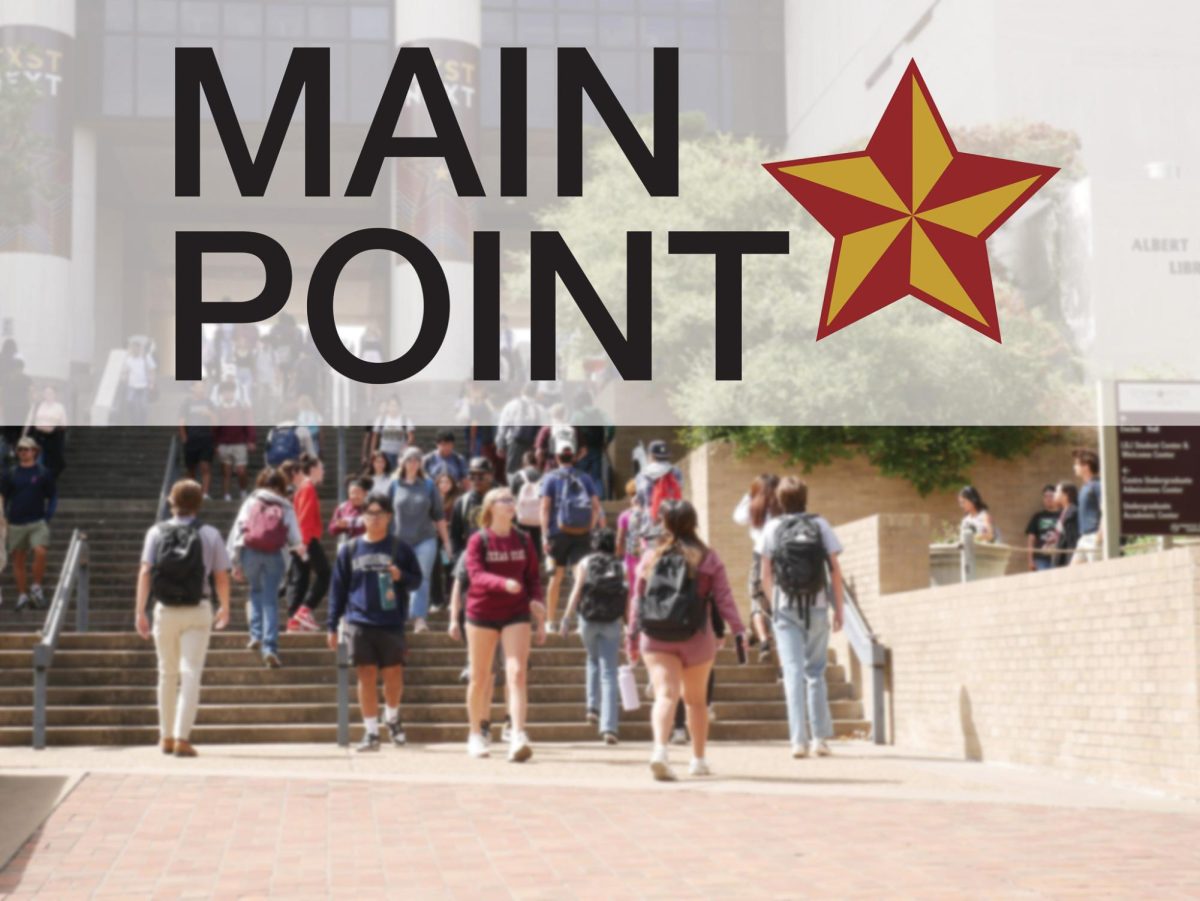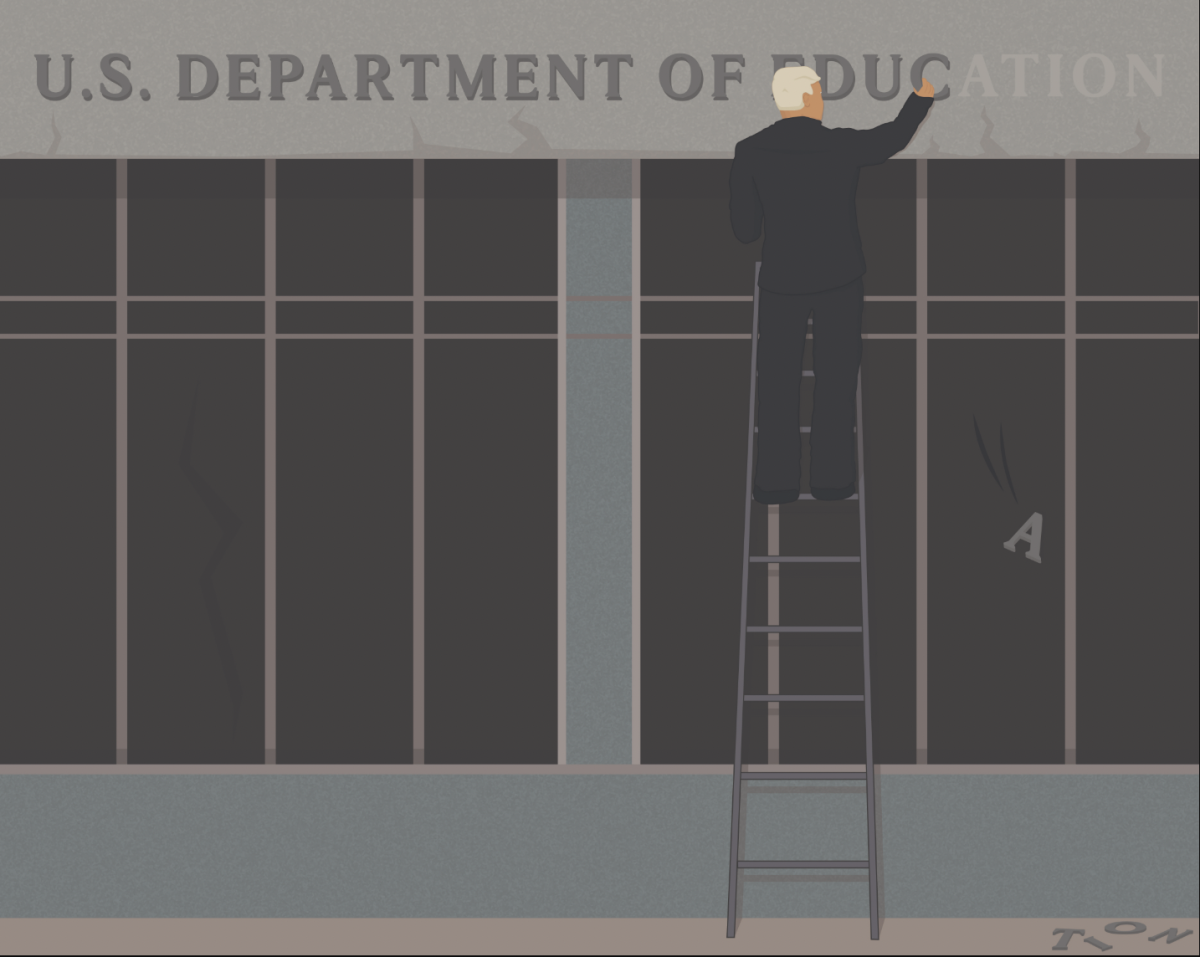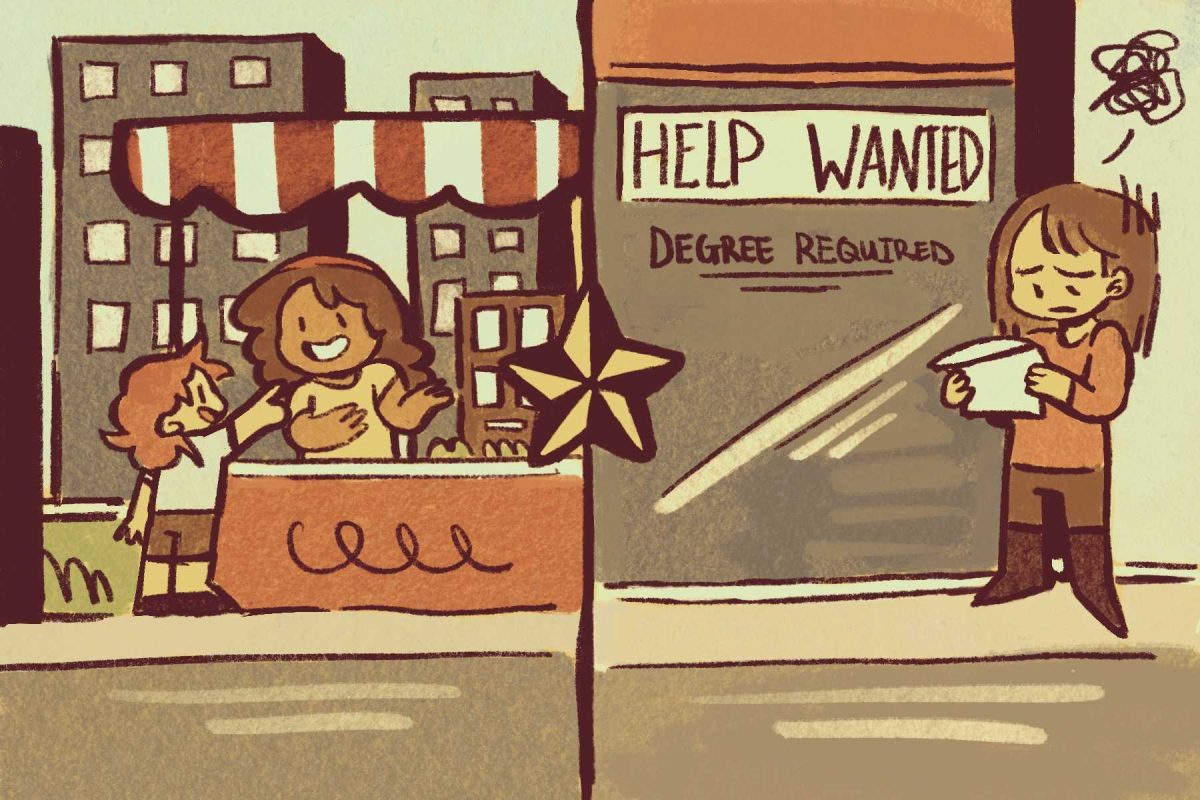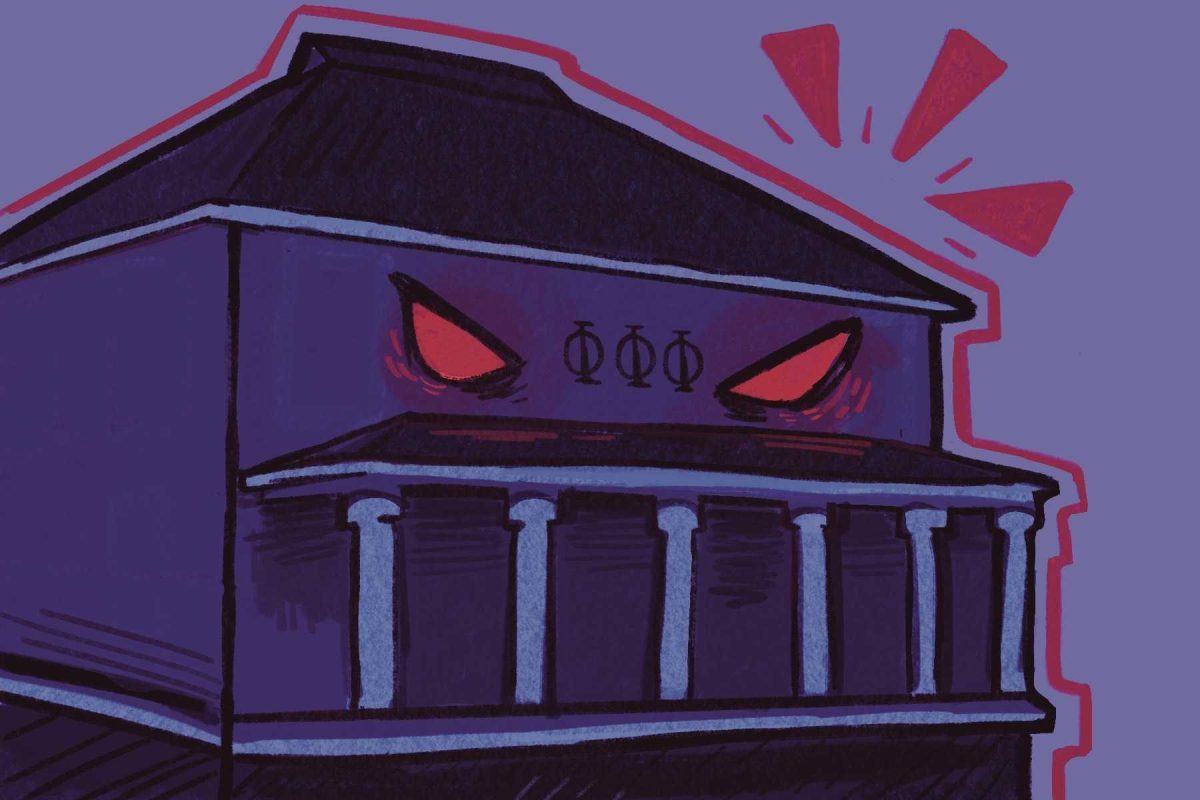On June 24, the Supreme Court ruled in Dobbs v. Jackson Women’s Health Organization that the U.S. Constitution does not protect the right to an abortion, overturning Roe v. Wade and throwing years of precedent out the window. Determining the legality of abortions is now a state decision and in many states including Texas, the medical procedure is now considered a crime.
Millions of women in the United States are now less free than men, in making decisions about their own bodies and the privacy around those decisions.
In Texas, a trigger law went into effect upon the overturning. Formally known as Texas HB 1280, the law makes no exceptions are for cases of rape or incest and has limited exceptions for the safety and life of a pregnant person. The statute also sets up criminal penalties for abortion providers such as hefty fines and license revocation.
Traumatized victims are met with punishment and not compassion.
Although traveling to another state for the procedure is possible, the option is often only for people that can afford the cost and time away from work. The striking down of Roe v. Wade unfairly targets lower class individuals who cannot afford the travel expenses to get the procedure done in another state. Banning abortions does not prevent them from happening. It only makes them less safe.
The pro-life advocates that rally against abortion often cite foster care or adoption as alternative options for parents who are not prepared to have a child. While those are valid options, the foster care system cannot currently handle the children in circulation right now, certainly not thousands more in the system. For 11 years now, the Texas Foster Care system has faced a federal lawsuit for violating the constitutional rights of children and failing to protect them from harm while in the care of foster homes and facilities.
These failures are due to a surplus of children entering the system while there are too little foster homes and staff to manage each caseload. Children are now sleeping in offices and motels because there are no homes available. Texas should not be passing legislation that leaves people with no other option but to place their child in the system when the system cannot care for them.
Beyond this, children should never be considered a consequence of having sex. The abuse and neglect that occurs when a child is seen by their birth parents as unwanted, or a “punishment” has been seen first hand by members of this editorial board. Forcing people to raise a child they did not want to have inevitably punishes that child.
Many cite their Christian religion as reasoning for pro-life beliefs, but religious freedom must extend to non-Christians. A synagogue is suing the state of Florida for infringing upon the liberty of Jewish people to seek an abortion as lifesaving care.
It is a slippery slope. Who is to say this is not just the beginning of the court’s plan to strip away fundamental rights?
In his concurring opinion for Dobbs v. Jackson Women’s Health Organization Associate Justice Clarence Thomas wrote that the court has a duty to “correct the error” established in precedents set by court cases such as Griswold v. Connecticut, Lawrence v. Texas and Obergefell v. Hodges — three cases having to do with Americans’ fundamental privacy, due process and equal protection rights.
On a local level, college campuses across the U.S. are well known locations of increased sexual assault. College students, particularly those of low income, who face unexpected and unwanted pregnancies risk the possibility of putting their education on hold. Students do not always have the adequate resources such as time, money and support to simultaneously pursue higher education and be a parent.
As journalists, part of our job is to ask the right questions and do our research. The right to an abortion was taken away because those who wanted could organize and make it happen. It is time to organize and rally to take back this right to bodily autonomy. We must elect people who will actually make the change you want to see. Change does not stop when those people take office, however. Hold them accountable. Make sure they do what they said they would and vote them out if they do not.
All in all, our main point and what we hope you take away from this editorial echoes the message of our previous one: just because you are not directly affected by an issue, does not mean you should not care. The overturning of Roe v. Wade is not about politics. It is a human rights issue, and this decision has implications for everyone.


















